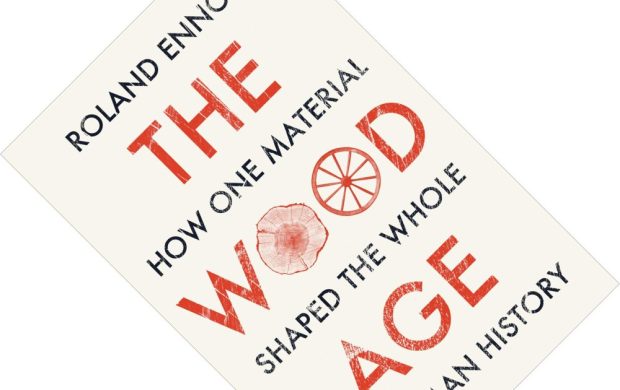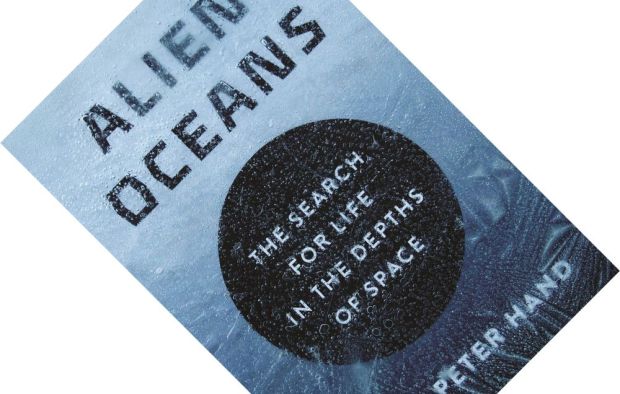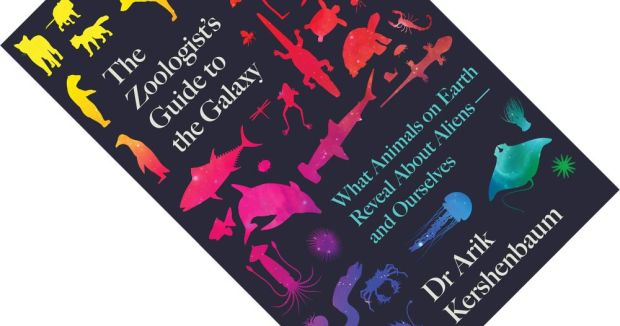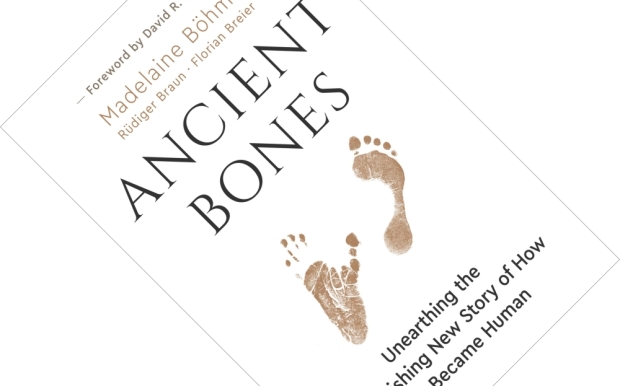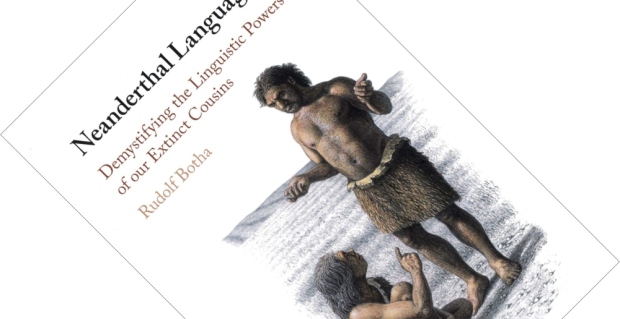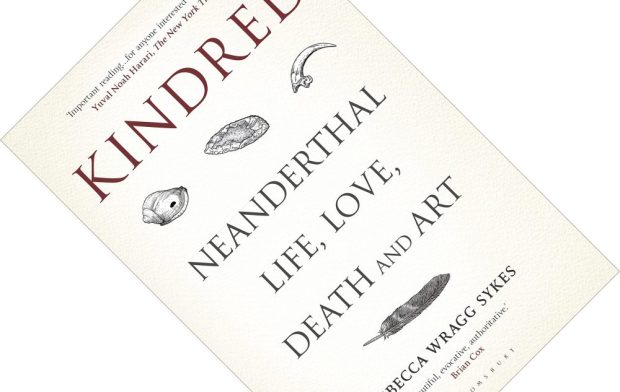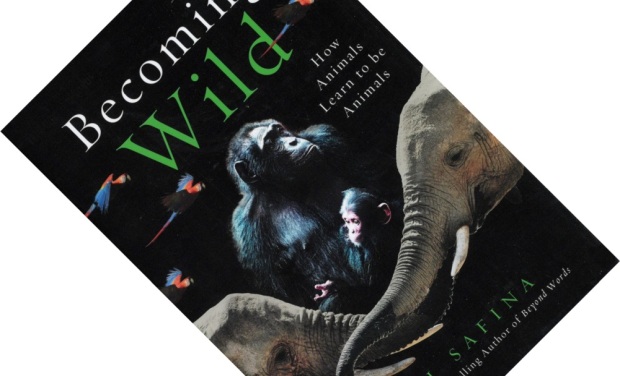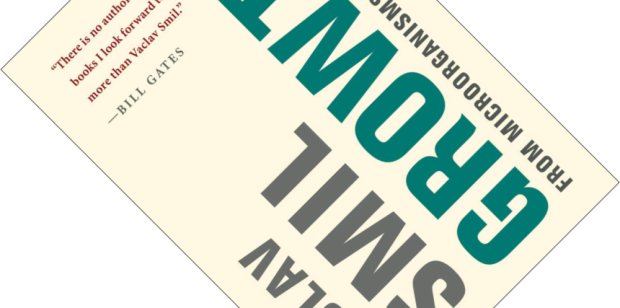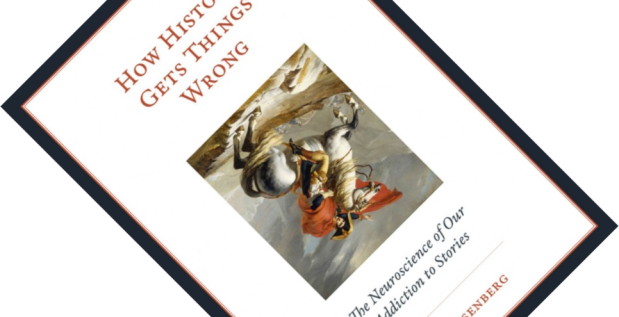7-minute read
keywords: environmental history
Throughout human history, wood has been our constant, if somewhat overlooked companion. With The Wood Age, professor of biological sciences Roland Ennos delivers an eye-opening piece of environmental history. Reaching beyond the boundaries of this discipline, it gives the reader a comprehensive picture of how we have shaped wood and how, in turn, wood has shaped us.

